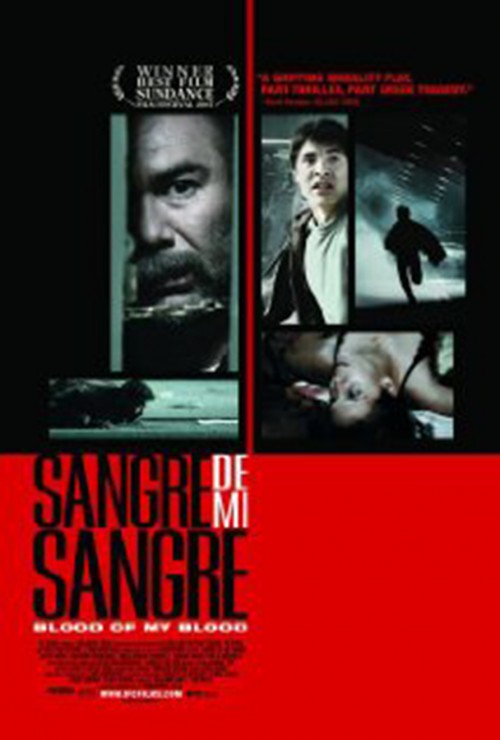As a part of Hispanic Heritage Month, Suffolk student affairs hosted a movie night last Thursday in which the film “Sangre de mi Sangre” was shown in Donahue 403. The event was open for any of Suffolk’s students, faculty, and staff to attend.
The film itself was about a boy, Pedro, who goes to Brooklyn from Mexico to find his father. The father had left his mother prior to Pedro being born, but when the mother passes away, he makes it his mission to find his father to help him with financial issues. As Pedro gets smuggled onto a bus in Mexico, he meets Juan, a boy also searching to leave Mexico and start his life over in a new land, Brooklyn. The two boys become friendly, and Pedro tells Juan about his father, but because he cannot read, Juan helps him read the location of the address of where his father is presumed to be.
As the bus arrives in Brooklyn, Pedro notices immediately that something is wrong. The backpack that held his belongings, including the letter and locket his mother gave to him to give to his father, are missing and cannot be found. With no source of identity, Pedro wanders the streets of Brooklyn by himself, praying for an answer to guide him to his father.

But making use of his new identity was Juan, who stole Pedro’s belongings to make a brand new start in America with the first stop: the address on the letter. Juan goes to a rundown apartment and persuades the real Pedro’s father that he is his son. Throughout the movie, the father is under the impression that this boy, Juan, is really his son, Pedro, and takes him in as his own.
The film’s title translated means “blood of my blood.” Throughout the film, you see the complications that the real Pedro faces to find his father. Confiding in a prostitute, Magda, Pedro finds quick ways to make money to pay for her assistance in finding his father. While Pedro struggles to find his father, Juan overstays his welcome, stealing from the father to better himself.
The film itself demonstrates a lot of ethical topics, from immigration laws, to drug addiction, to prostitution. As the film progressed, you felt yourself becoming sympathetic to the real Pedro, as he realized how hard it is to come to a new country with nothing. You developed a hatred for Juan, who robbed an innocent man of his right to see his father, who selfishly took from him. You feel anger that Pedro’s father has no idea that this imposter in his home is just there for his money. The film makes you feel so many emotions, more importantly so with a communication barrier of it being in a different language.
Because the film has strong hispanic roots, it is important to show during Hispanic Heritage Month. A lot of latinos that get smuggled into America face a lot of adversity while trying to start a new life for themselves and for their families. One of the interesting points made in the film was the father, although he did not know that he had a son, worked long hours in a kitchen as a dishwasher to send money back home to Pedro’s mother. Most latinos have to do the same things he did, just to make the money to be able to support families or to bring them over the borders.
Another struggle hispanics face when coming to America that was highlighted by the film was the fact that most are not taken seriously when it comes to finding jobs. Most of the latinos in the film would complete petty jobs like mining and dishwashing in kitchens to make a quick dollar. Since a vast majority of them were illegal, they were forced to do these dead-end jobs so police would not bust them.






